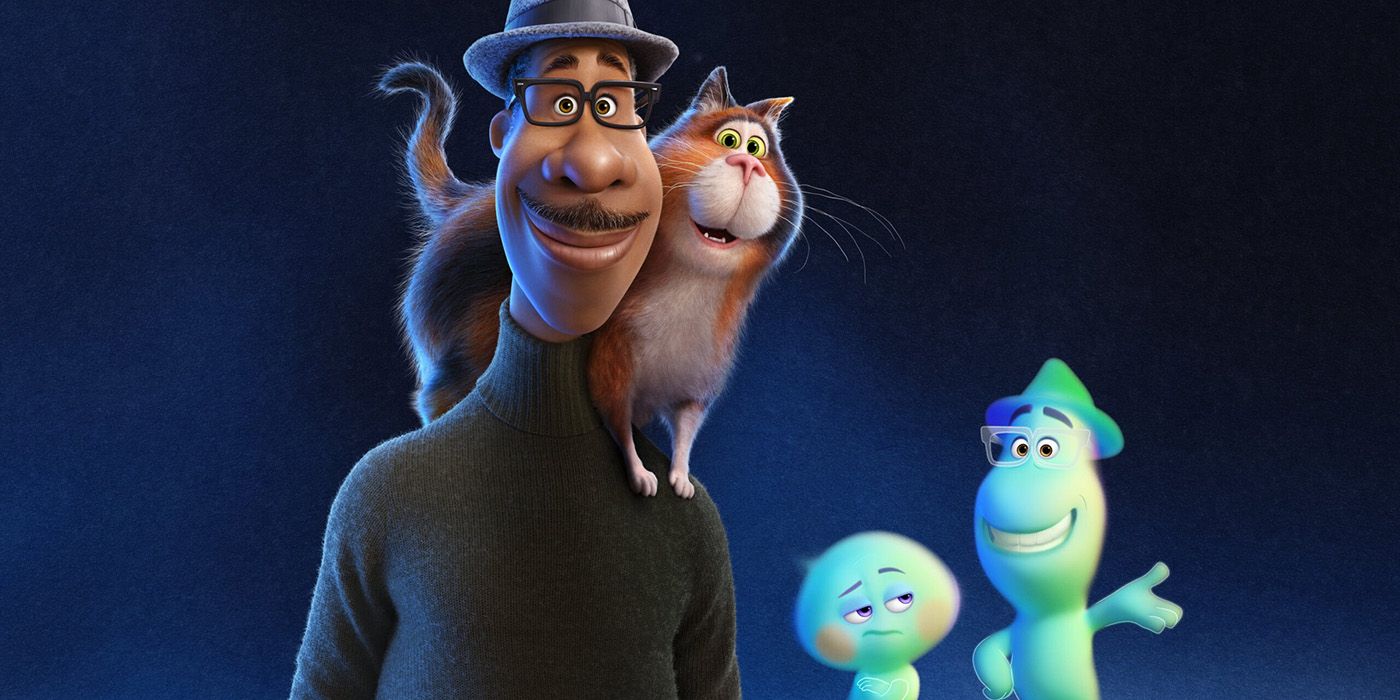European dubs of Disney and Pixar’s latest film, Soul, come under fire after audiences noticed that they used white actors to voice the Black main character. Soul was recently released in December of last year on Disney+, with theatrical releases in countries that don’t have the streaming service. It has garnered positive reviews and has been applauded for being yet another Pixar film with beautifully executed animation and a heartwarming story entertaining to adults and children.
Disney and Pixar’s latest tearjerker tells the story of Joe Gardner, played by Jamie Foxx, a Black middle school music teacher in New York City who aspires to be a great jazz pianist. When he finally is offered his dream job, he falls down a maintenance hole that catapults him into a liminal pre-death space. Reluctant to accept death on the brink of his big break, he attempts to escape but finds himself in the realm of The Great Before, where he mentors a young soul, 22, played by Tina Fey, who is waiting to become human. Through some hilarious and charming hi-jinx, Joe and 22 explore New York, learning about life, purpose, and passion along the way. While critics and audiences are generally lauding Soul, it is also being criticized for its portrayal overseas.
The New York Times reports that many European foreign language dubs of Soul are being criticized for using white actors to dub Joe, a Black character. It was first noted in Denmark and has since been reported in other European dubs of the film. One such dub resulted in a Portuguese petition to re-dub the film, signed by more than 17,000 people, including notable Portuguese figures. However, not all European dubs have fallen victim to this controversy, such as the French dub starring Omar Sy.
If not always told through Joe’s perspective, much of the film uses Joe’s life as a lens to view purpose, dreams, and the meaning of life. Thus, a lot of the movie is also tied to Joe’s life as a Black man who dreams of playing jazz, an art form developed from Black musicians, in New York, exploring some areas with predominantly-Black communities (or, at the very least, a strong history of Black residency). While the movie isn’t specifically about race, considering the lack of Black protagonists and stories in Pixar films, many Black fans were delighted to see themselves represented on screen.
Using white actors to portray Black animated characters is an aspect of animation that has come under scrutiny in the past. Given that Black stories' in animation are already rare, it is easy to understand why audiences were disappointed by this revelation. The original dub of Soul itself has not been beyond racial criticism. In many other animated films centered around characters of color, the protagonists spend most of the movie in nonhuman forms, such as a frog in The Princess and the Frog or a llama in The Emperor’s New Groove. While there are exceptions, such as Spider-Man: Into the Spider-Verse, Soul appears to be no different, with Joe already spending most of the film as a blue soul and white actress Tina Fey getting to occupy Joe’s body for most of the film. And although representation of people of color in animation is (sadly) rare, movies like Soul prove how necessary these stories are and how hungry audiences are to see them.
Source: New York Times



